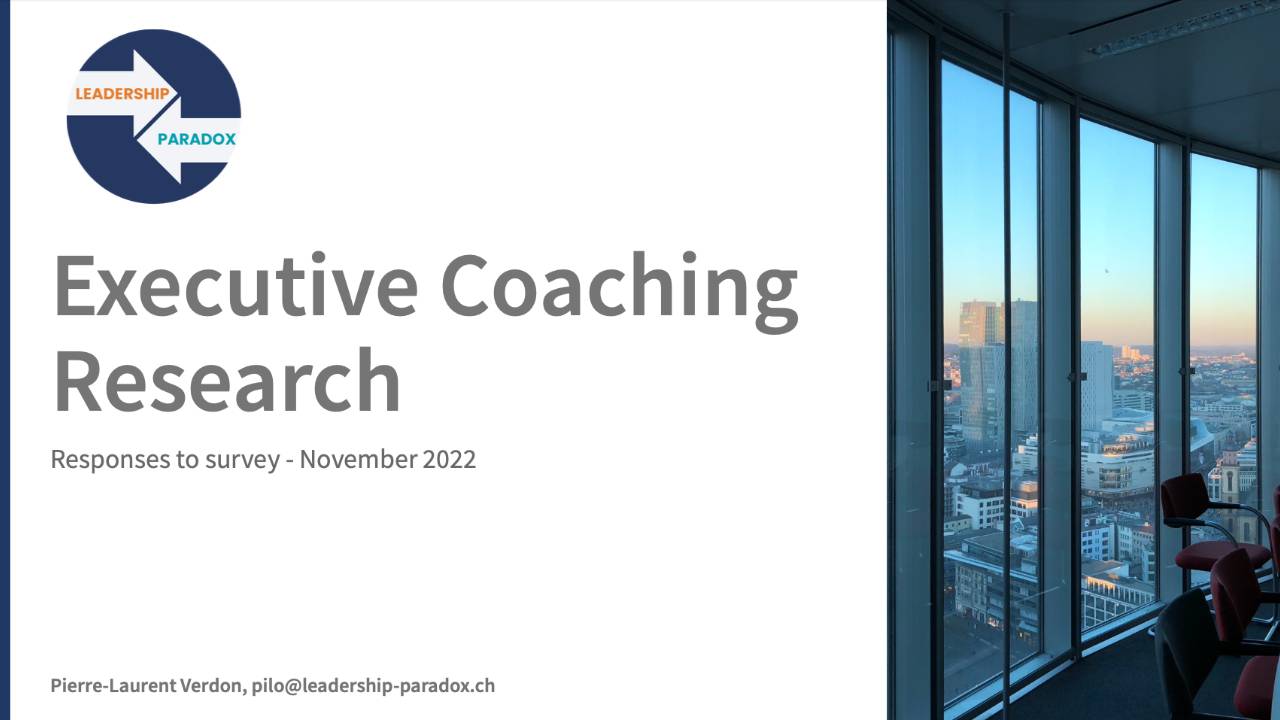When Power Makes You Vulnerable: The Paradox of Executives
Oct 29, 2025
Written by Pierre-Laurent (PILO) Verdon
There is a moment, familiar to many senior leaders, when the door closes behind them and silence takes over. The decisions they make carry weight. Expectations are high. Their words shape entire teams, sometimes entire organizations. Yet behind the authority and confidence that others see, many of these leaders carry something far heavier: a quiet sense of loneliness.
A few years ago, we conducted research with executives from large international organizations, most of them based in Geneva. What emerged was striking. Despite their powerful positions, many described feelings that seemed at odds with their public image. They named the following challenges in order of priority:
-
lonely in their position
-
trapped in old habits
-
sometimes feeling like imposters
-
not prioritizing what truly matters to them
-
they push themselves so hard they end up exhausted
These statements reveal a profound paradox: the higher we climb, the more we are expected to be invulnerable and the more vulnerable we actually become.
Feel free to download our study here or keep reading!
The Silent Weight of Responsibility
When everyone turns to you for direction, support, or reassurance, who do you turn to? The irony of leadership at that level is that those who most need support are often the least likely to seek it. There is pride, of course. But also a sense of duty, a belief that asking for help might betray weakness or erode credibility.
Yet, vulnerability is not the opposite of strength. It is what allows growth, clarity, and trust to emerge. The leaders who participated in our research weren’t looking for sympathy; they were seeking space. Space to reflect, to breathe, and to reconnect with themselves before leading others.
What Helps?
When asked what type of support they found most valuable, three solutions stood out equally:
-
One-on-one coaching
-
Mentoring
-
Executive leadership training
These approaches share a common thread: they create a confidential space for reflection, feedback, and learning. A place where leaders can stop pretending to have all the answers and start exploring better questions.
Respondents also shared powerful insights about what they seek from a coach:
“Help me become more confident in my growth journey.”
“Challenge me with questions that make me think differently.”
“Reassure me that the problems I face are not unusual.”
These voices remind us that even the most seasoned leaders crave connection and perspective. Coaching, when done well, provides exactly that: a mirror and a sanctuary.
A Ripple Effect
The implications go far beyond the executive suite. If leaders themselves struggle with loneliness, exhaustion, or self-doubt, imagine how their teams might feel. By supporting leaders in owning their vulnerability and developing healthier patterns, we don’t just transform individuals, we impact entire systems.
Helping one leader reconnect with purpose and balance can ripple through their teams, their culture, and their organization. That is where leadership development truly becomes transformational.
Finding Support Without Losing Face
If you recognize yourself in these findings, you are not alone. Start by acknowledging that strength and vulnerability are not opposites: they are partners. Find someone you trust enough to tell the truth. A coach, a mentor, a peer.Give yourself permission to pause, to explore, to be human.
As leaders, we often strive to be the "alpha and the omega", the beginning and the end of all answers. But maybe our greatest act of leadership is to admit that we are also learners, explorers, and imperfect beings.
That is not a weakness. It is what makes us whole.

